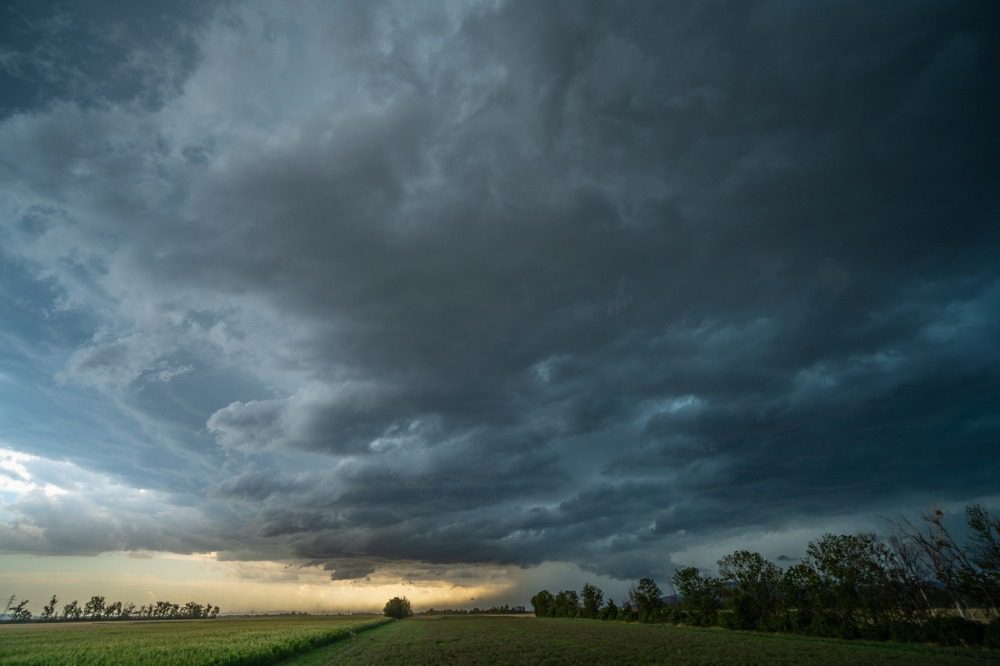Insured losses from severe thunderstorms reach new all-time high – Swiss Re

Insured losses from severe thunderstorms reach new all-time high – Swiss Re | Insurance Business New Zealand
Reinsurance
Insured losses from severe thunderstorms reach new all-time high – Swiss Re
2023 also witnessed other significant natural catastrophes
Reinsurance
By
Kenneth Araullo
In 2023, natural catastrophes are projected to set new records in insured losses, with estimates from the Swiss Re Institute surpassing US$100 billion. This year, a significant contributor to these losses is severe thunderstorms, marking the first time such storms have resulted in this level of industry loss.
The trend of losses from severe thunderstorms has risen steadily by 7% annually over the past 30 years. In 2023, there has been an almost 90% increase compared to the previous five-year average of US$32 billion and more than doubles the previous 10-year average of US$27 billion.
In the United States, the susceptibility to severe convective storms (SCS) is particularly high. For the first time, insured losses for US SCS activity exceeded US$50 billion in 2023. To date, the US has experienced 18 events, each causing insured losses of US$1 billion or more.
Europe has also seen a rise in insured losses from severe thunderstorms, with Italy experiencing over US$3.3 billion in losses in 2023, the highest ever for the country due to a natural catastrophe. France faced similar challenges the previous year.
“The cumulative effect of frequent, low-loss events, along with increasing property values and repair costs, has a big impact on an insurer’s profitability over a longer period. The high frequency of severe thunderstorms in 2023 has been an earnings’ test for the primary insurance industry,” Swiss Re Group chief economist Jérôme Jean Haegeli said.
Other significant natural catastrophes affecting reinsurance
Apart from severe thunderstorms, 2023 has witnessed other significant natural catastrophes. Hurricane Otis is predicted to become the costliest insured event in Mexico. New Zealand faced its costliest weather-related insured losses (US$2.4 billion) due to floods and cyclones, while wildfires in Maui are estimated to be the costliest insured loss event in the history of Hawaii (US$3.5 billion).
Urban development, wealth accumulation in disaster-prone areas, and inflation were key factors contributing to the escalating losses from extreme weather events. The rising temperatures, anticipated to make 2023 the warmest year on record, were also heightening the risks of severe droughts and wildfires.
The earthquake in Turkey and Syria has been deemed the costliest natural catastrophe of 2023, with insured losses of US$6 billion. Additionally, the strongest earthquake in Morocco since 1900 underscores the vulnerability of rural areas to large-scale losses, highlighting the need for improved resilience measures in these regions.
“For the insurance industry, recent events provide robust benchmarks for estimating the increasing loss trends. Nevertheless, to further progress the deeper understanding of this peril, it is important to get better insights from primary insurers on distributions of insured exposure and detailed claims data. It is equally important that insurance premiums adequately reflect the risk for the coverage provided – especially also in light of increasing loss trends,” Swiss Re catastrophe perils head Balz Grollimund said.
What are your thoughts on this story? Please feel free to share your comments below.
Keep up with the latest news and events
Join our mailing list, it’s free!






